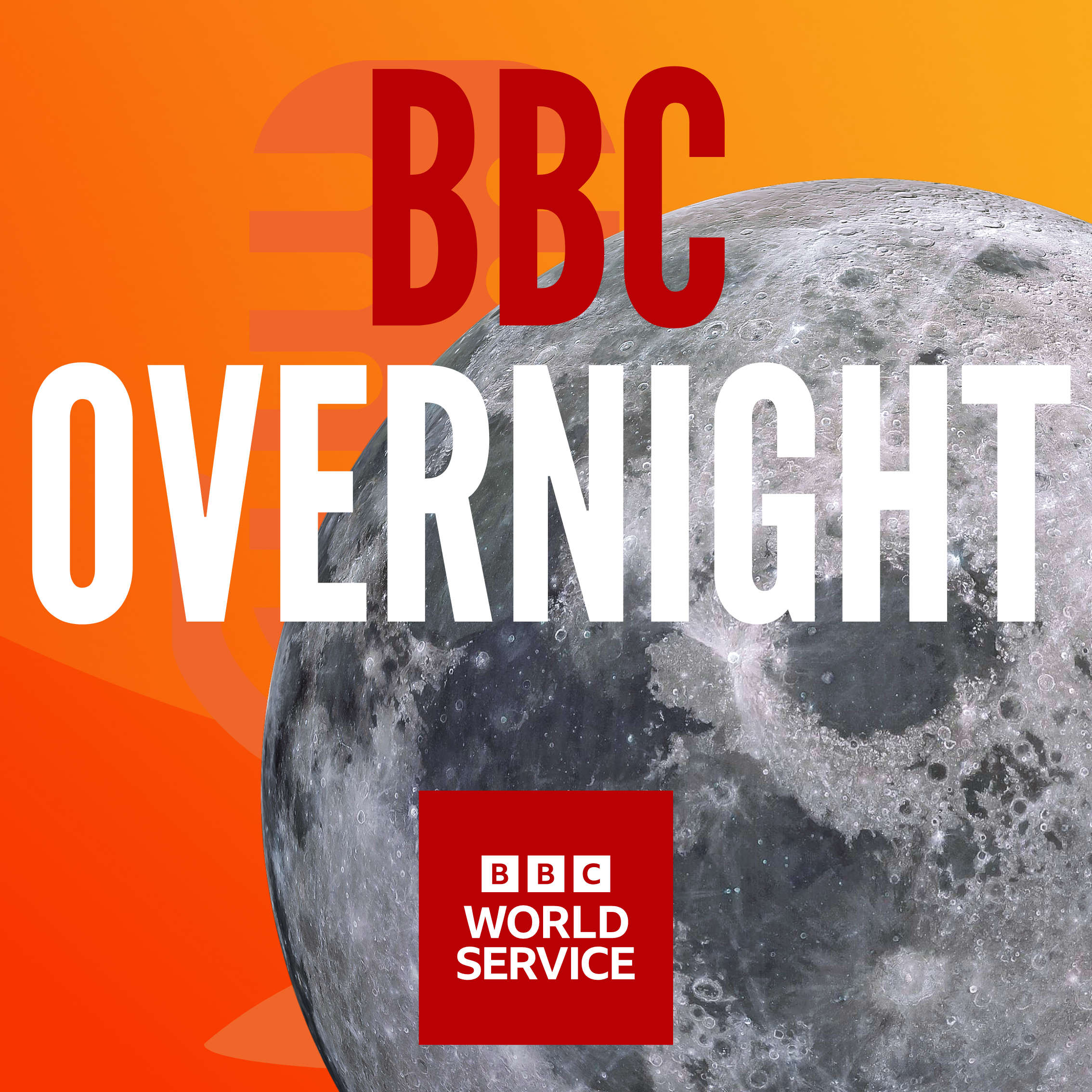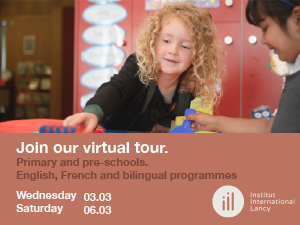Learn More - Telling kids "you can ask me anything"
Learn More
Friday, 26 February 2021 - 29 minutes
00:00 - 07:10 - Allison Ochs works with children and teens and tells them "you can ask me anything". We find out the ways that Allison makes kids feel comfortable, particularly in the virtual world. We find out what kids really want to know when it comes to sex, eating disorders, addiction, or complicated family matters. Surprisingly, one of the most charged conversations this year has been device usage as children often feel that their parents are worse than they are, and parents feel called out !!
07:10 - 15:48 - Younger children might typically feel more comfortable turning to their parents than teens, but there are still reasons why children might not approach their parents if they have stumbled across inappropriate content online (e.g. porn) and feel responsible. Often kids worry that they'll be reprimanded, their devices might be taken away or that parents will make a scene. Allison explains why it's not the kids' fault and how remaining calm is essential. Also, "how did that baby get into that lady's tummy?"
15:48 - 22:00 - Allison gives us a great tip about using pop culture to open dialogue with children and teens. Hitting the pause button and discussing a character's situation is a way of talking about sexuality or depression, for example, without the awkwardness of making it personal: Try "do you agree with the person in the movie?", "do you agree with the lyrics in the song?", or "do you understand what he/she is going through?". Parents, however, may be surprised that questions aren't just physical, they're also emotional: "Is it OK to just cuddle?" and "what does it mean to have a relationship?".
22:00 - 28:15 - Allison encourages the adults to work through their own baggage and triggers to not to pass issues on to children. Creating a space for conversation with kids and teens is ultimately the adults' role and it's crucial to repeat and reassure. Whether the situation is personal to the child, or concerning something traumatic online that any child might see, the calm space and an adults' openness to talk remains key. Even if these conversations are tough, Allison reassures us that it's wrong to assume that the kids don't want to talk; they just need to know that the adult is open and willing to have that conversation.
This episode of Learn More is sponsored by IIL - the Institut International de Lancy
Join their virtual tour in March


